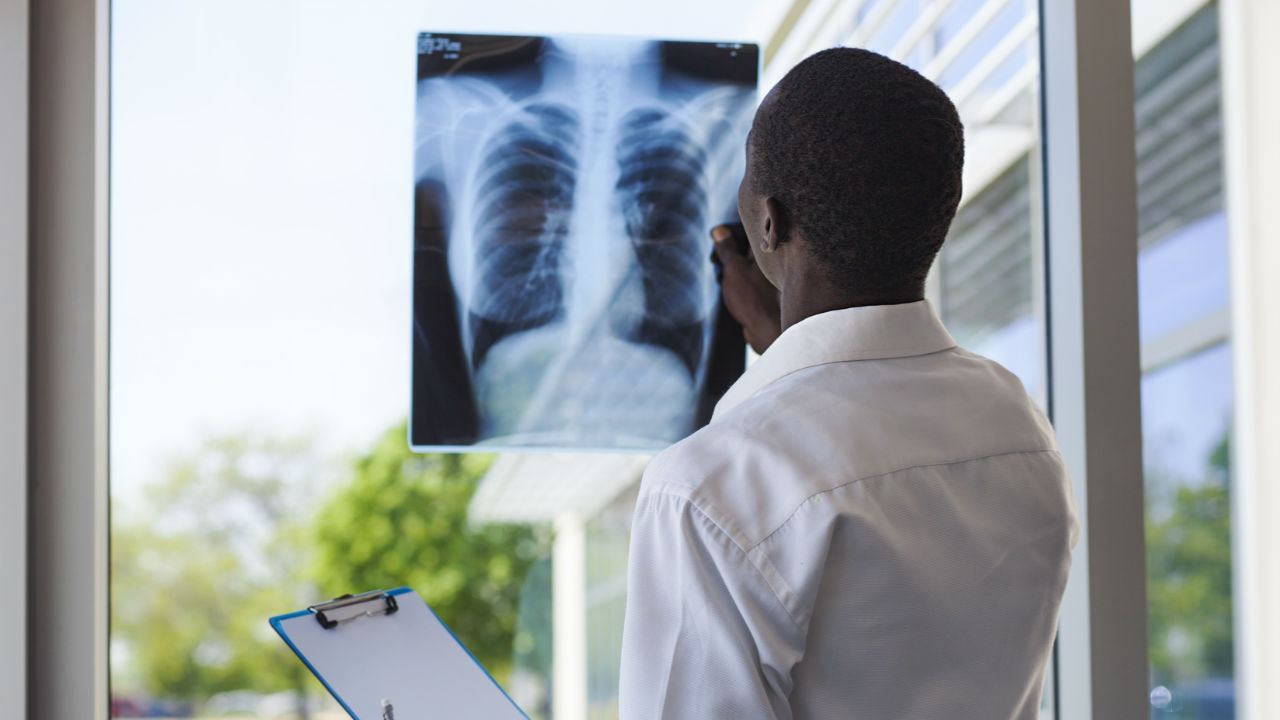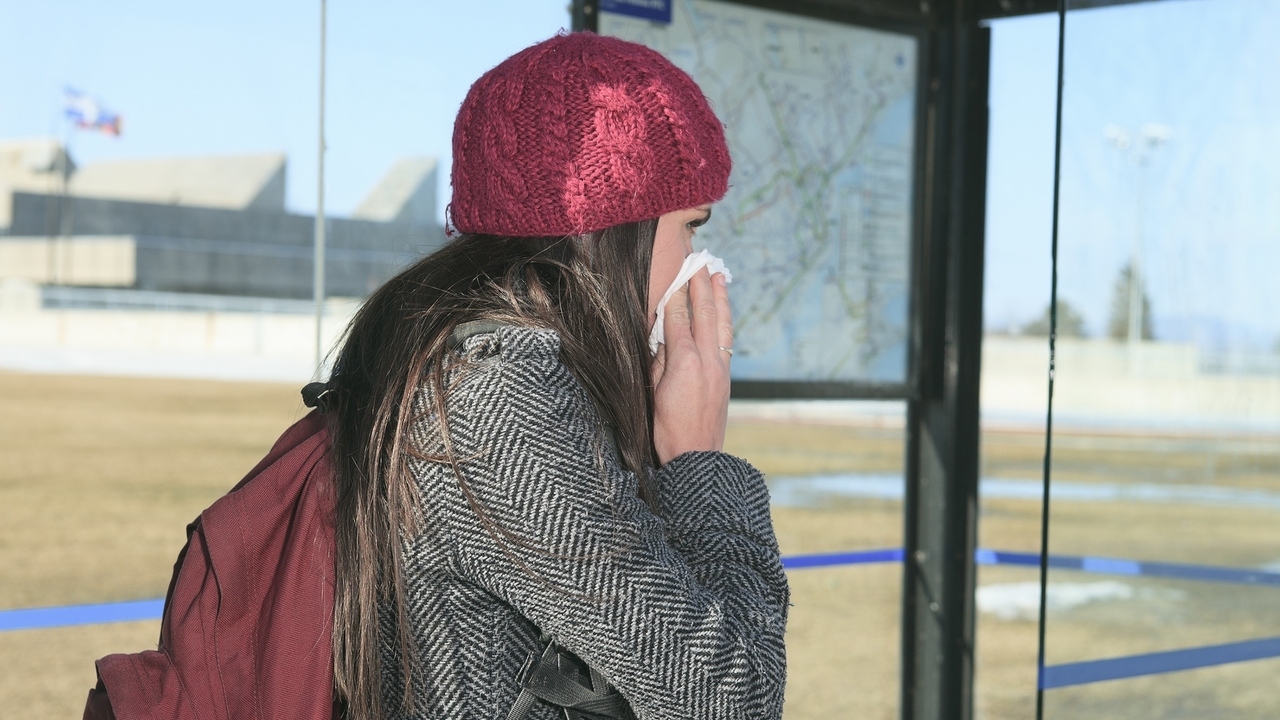Lung cancer is a malignant tumor or tumors in the lungs, resulting from abnormal cell division. If the energy of the cells is disrupted, the cells can turn cancerous.
Sometimes benign tumors may occur. These are tumors which are not cancerous. They are usually removed to prevent them from becoming cancerous.
Most lung cancer tumors occur in the airways of the lungs, known as the bronchioles. In about 5% of cases, the cancer occurs in another area of the lungs, for instance, the pleura, which is a layer of tissue surrounding the lungs or in the blood vessels of the lungs.
One out of fourteen people in the USA are estimated to develop lung cancer in their lifetime. It is one of the most common types of cancer in the world and has a higher death rate for women than breast cancer.
What Causes Lung Cancer?
The main cause of lung cancer is cigarette smoking.
Passive smoking (breathing in other people’s cigarette smoke) is the second most common cause of lung cancer. Other causes include having a family history. It is thought that some individuals may have a genetic predisposition to getting lung cancer if they have a relative who has had it. If they have previously had lung cancer and recovered from it, they are also at increased risk of getting it again.
Diseases of the lungs can make a person more susceptible to developing cancer. Chemicals in the workplace, such as asbestos, can also cause lung cancer.
Air pollution is also a cause and accounts for 1% of deaths from this type of cancer.
Symptoms
Symptoms of lung cancer include:
• Cough and wheezing
• Feeling short of breath
• Chest pains
• Coughing up blood
• Shoulder pain
• Croaky voice
• Tiredness
• Weight loss
• Depression or mood swings
• If the cancer has spread for the lungs to the bones or brain, you may also get severe pain in your bones, headaches, blurred vision and seizures.
Treatments
Conventional treatments for lung cancer are surgery, chemotherapy or radiotherapy or all three. If you have early stage cancer, it will be removed surgically. If it has spread then radiation can destroy any abnormally dividing cells. Chemotherapy has the same function as radiotherapy and can improve the success rate of surgery. Your doctor will help you choose the best treatment for you.
Sources: NHS Choices and Emory University, Winship Cancer Institute.
Joanna is a freelance health writer for The Mother magazine and Suite 101 with a column on infertility, http://infertility.suite101.com/. She is author of the book, 'Breast Milk: A Natural Immunisation,' and co-author of an educational resource on disabled parenting, in addition to running a charity for people damaged by vaccines or medical mistakes.






Add a CommentComments
There are no comments yet. Be the first one and get the conversation started!